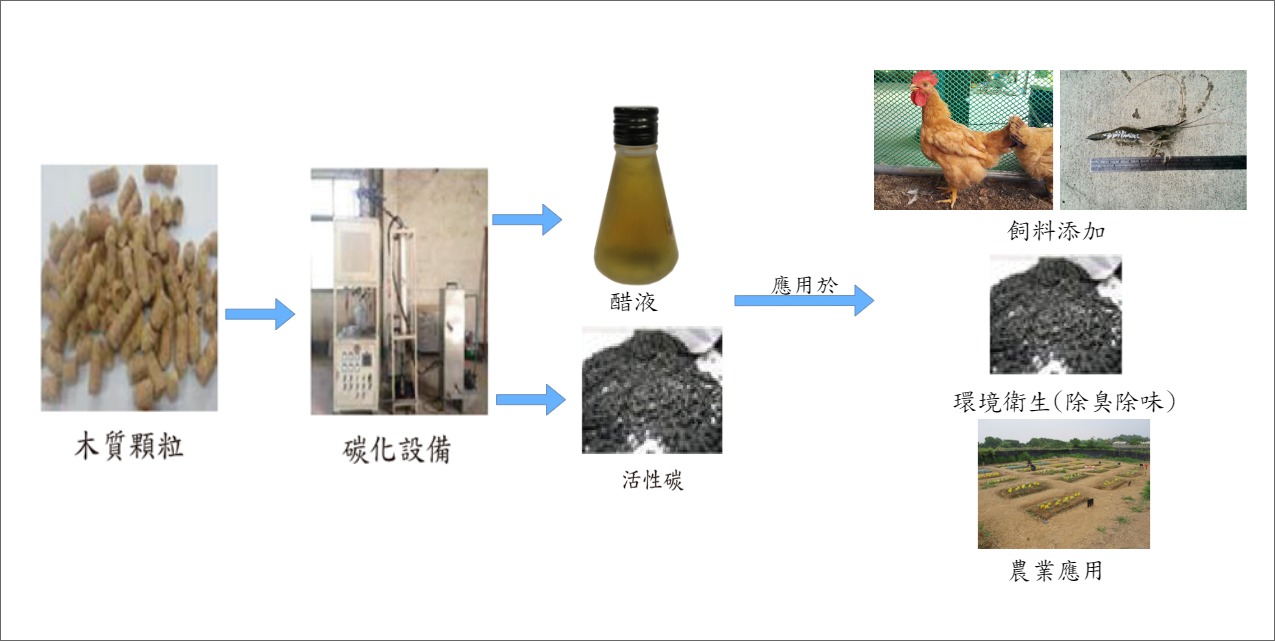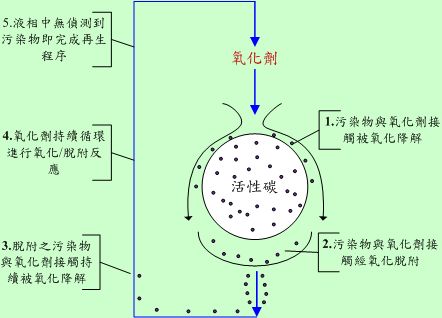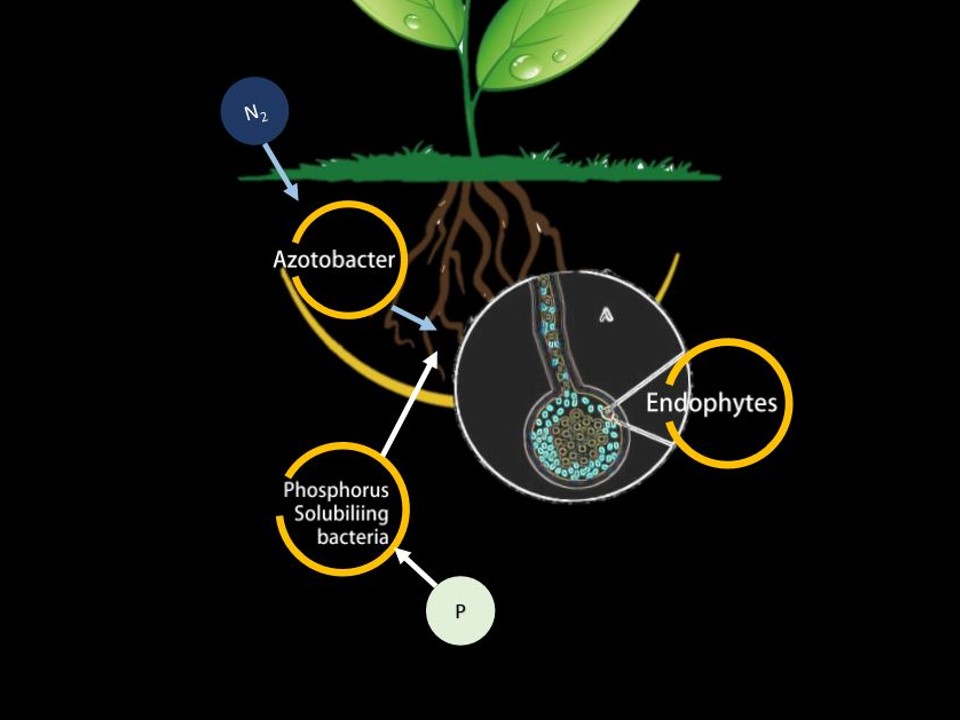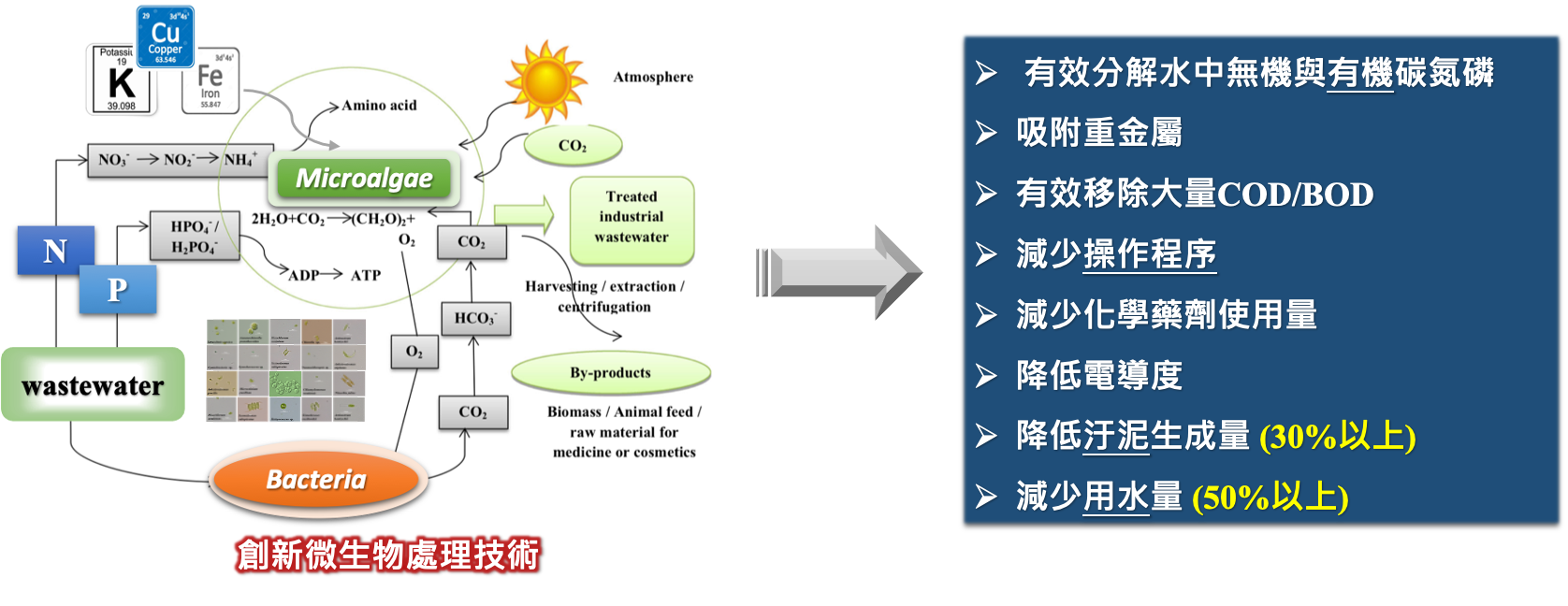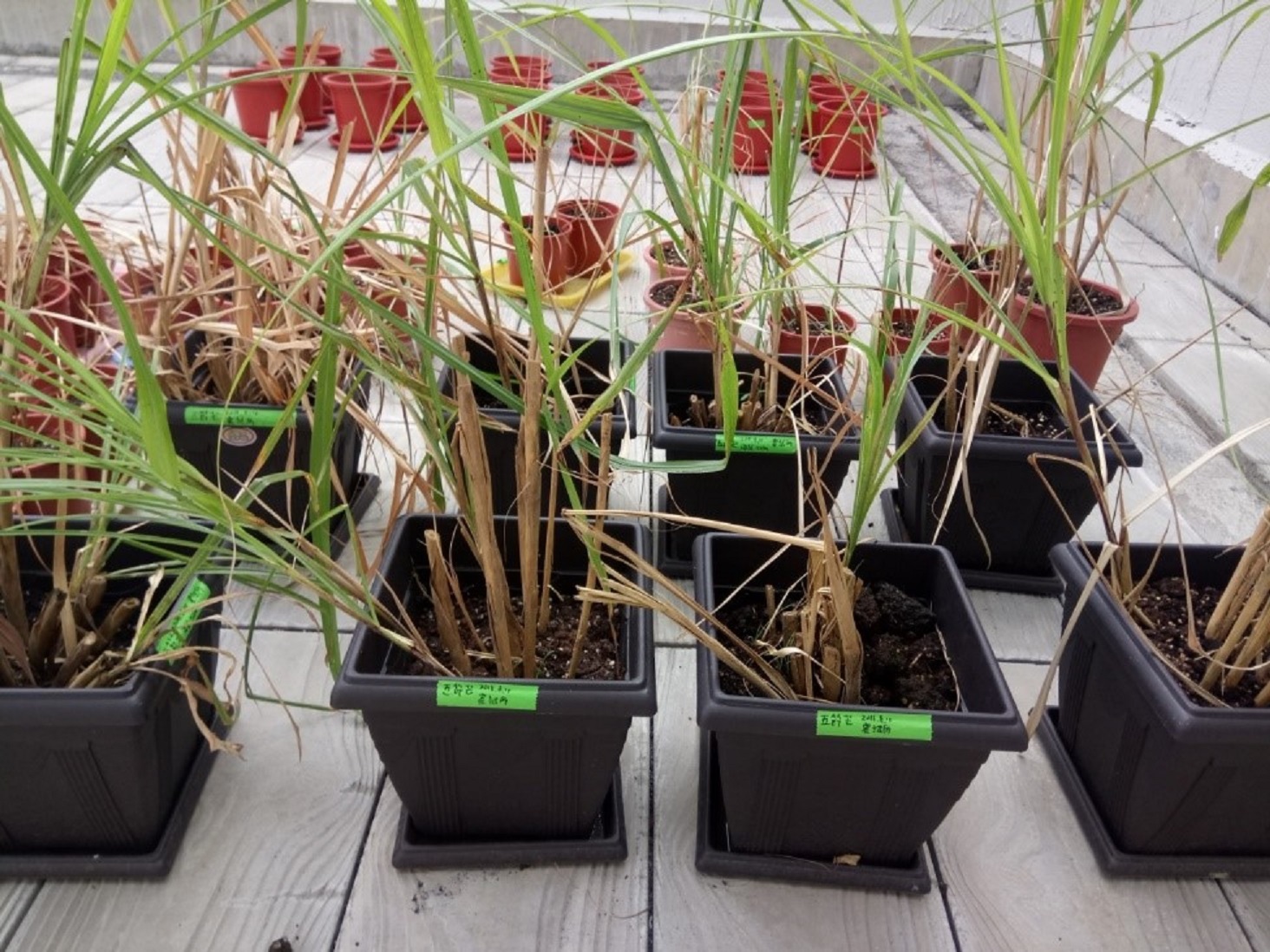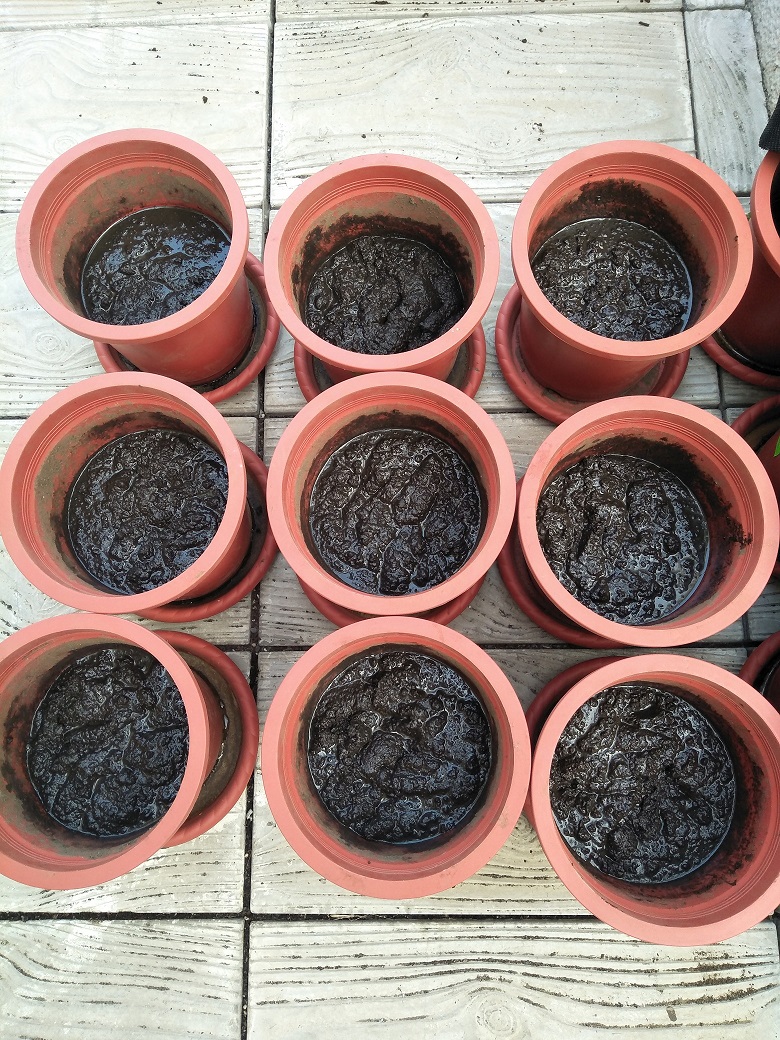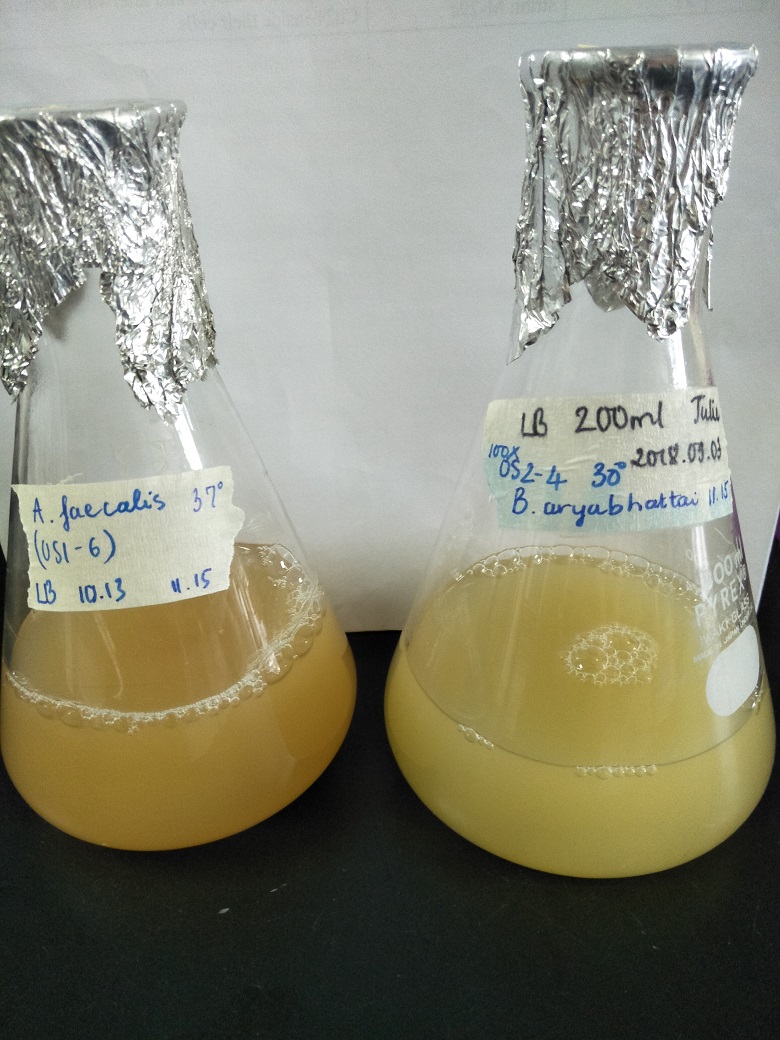| Technical Name | Total solution – Bioremediation of heavy metal pollutants in soil | ||
|---|---|---|---|
| Project Operator | National Cheng Kung University | ||
| Project Host | 蔣鎮宇 | ||
| Summary | Industrial developments brought contamination to the environments. One of the worse contaminations is the heavy-metal pollution in soil. Decontamination is mostly conducted via chemical treatments. Nevertheless, chemical engineering suffers time consuming and second contamination, finally leading to severe legislative restrictions. In contrast, conventional bioremediation, especially those employing plants only, usually requires a long time to digest the pollutants in environments. Here, we developed a technique based on plant-microbe interactions. Key techniques include metagenomics analysis of environmental microbes, purification of candidate bacteria, molecular breeding of poaceous plants, and functional recipes. Accordingly, various microbial agents for removing pollutants from soil will be developed and commercialized. In short, this novel technique isolates “useful” microbes, combining with plants, to develop agents for decontamination of heavy metals in environments. |
||
| Scientific Breakthrough | Ecological restoration is a core issue in conservation. Vegetation coupled with soil microbes helps the removal of pollutants from the lands. Our research reveals that abandoned salt ponds recovered faster than expected when plants were introduced. Apparently, phytoremediation utilizing salt-tolerant plants and soil microorganisms reduces the salt concentrations. |
||
| Industrial Applicability | This novel technique based on plant-microbe interactions provides a total solution for the removal of heavy metal pollutants from the soil. Benefits of the bioremediation include in-situ treatments that save transportation costs, time saving (compared to the original equipment manufacturer service), avoiding secondary contamination, avoiding heat emission, and high efficiency. Total solution technology providing environmentally friendly solutions is suitable for the ecological decontamination at the polluted lands, and for factories that discharge water or mud contaminated with heavy metals. Besides, not only for the lands in Taiwan, the metagenomics-based technique allows one to explore polluted lands of various altitude and latitude, indicating a vast potential market. |
||
| Keyword | Metagenomics Heavy metals Ecological decontamin Molecular barcodes Soil contamination Miscanthus Big data analysis Bioremediation Individualized decontamination Total solution | ||
- z10410027@email.ncku.edu.tw
other people also saw

